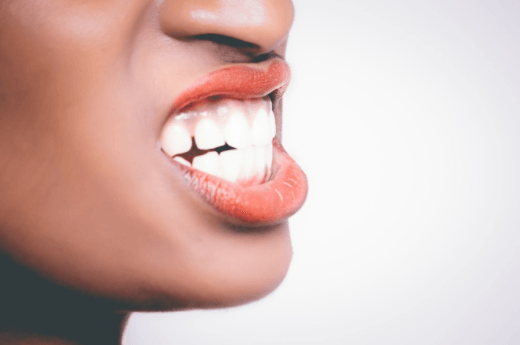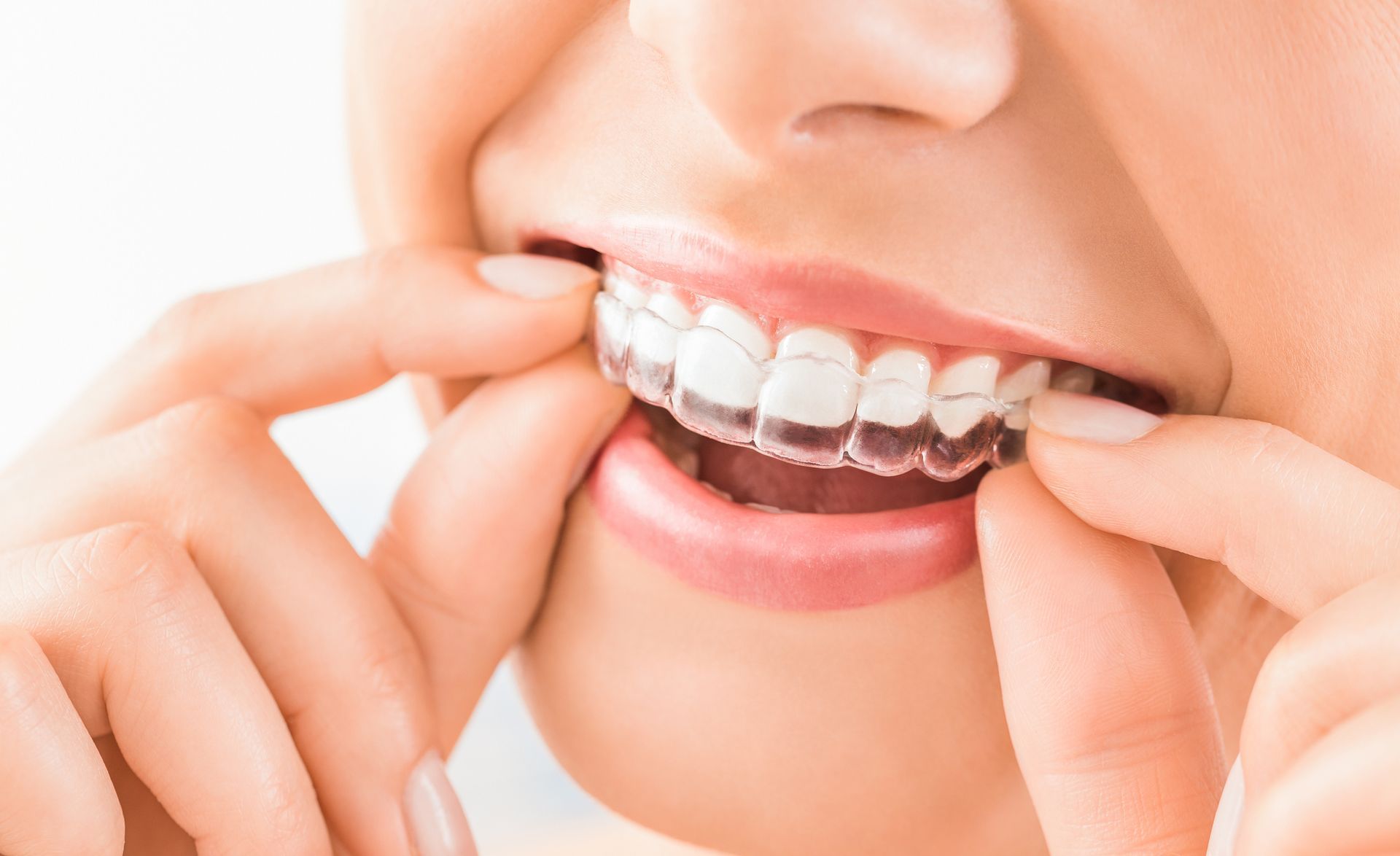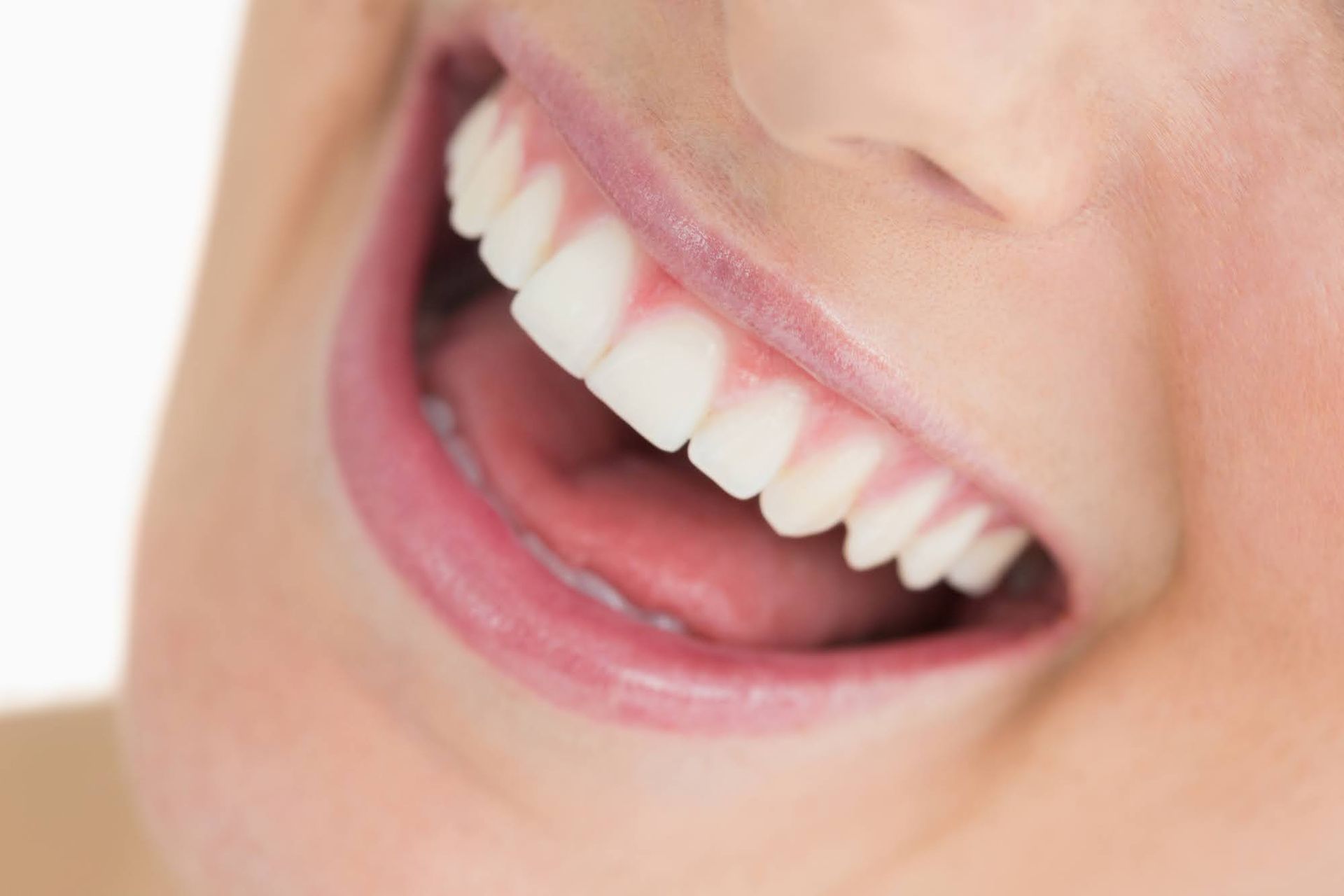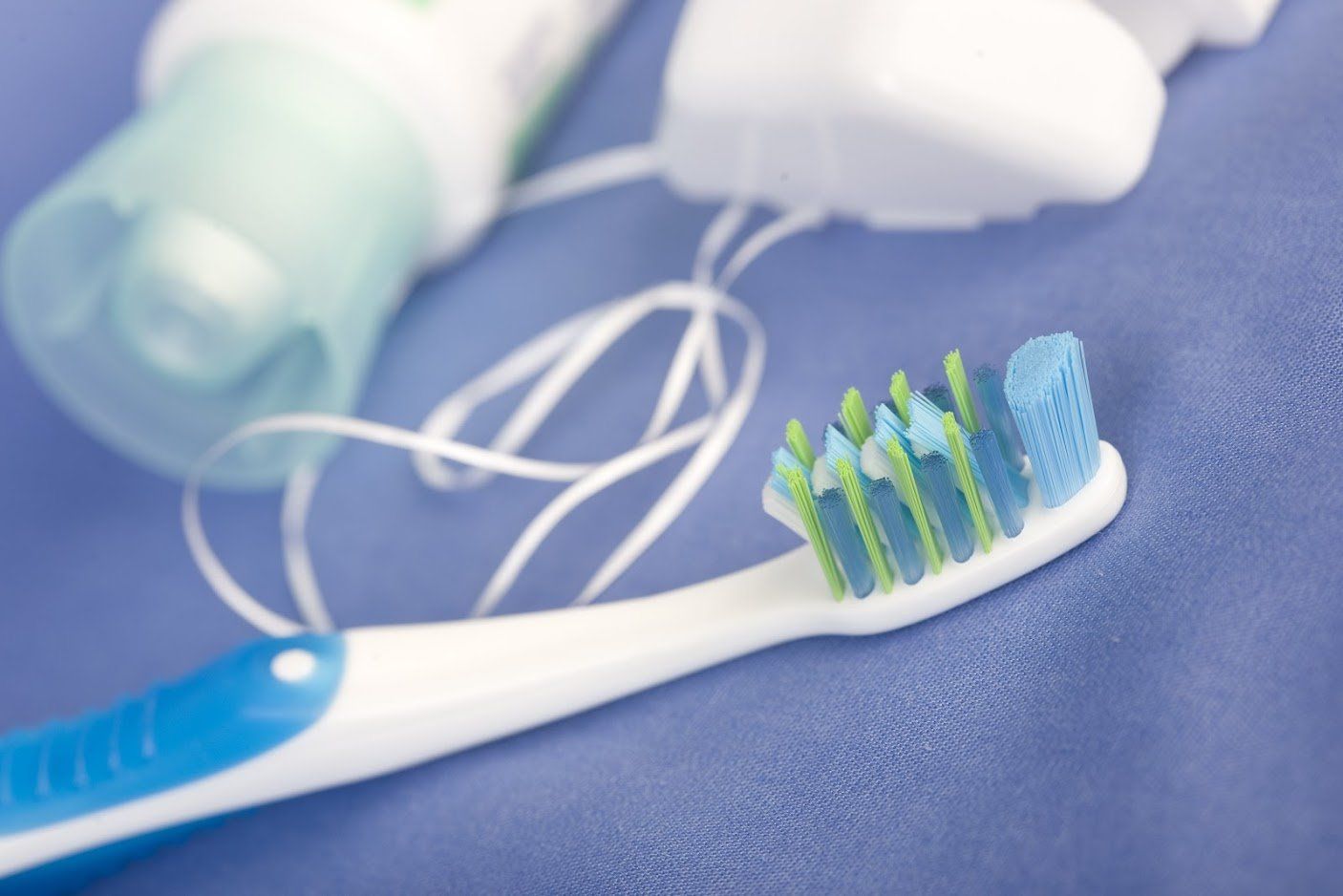1801 S. 16th St. Wilmington, NC 28401 (Located Near New Hanover Regional Medical Center)
Email:
fdcwilmington@mydentalmail.com
WE CATER TO COWARDS WITH GENTLE DENTAL CARE | SERVING WILMINGTON, NORTH CAROLINA, AND SURROUNDING AREAS | 910-795-2602
1801 S. 16th St. Wilmington, NC 28401 (Located Near New Hanover Regional Medical Center)
Email:
fdcwilmington@mydentalmail.com
4 Things to Know About Dead Teeth
- By Admin
- •
- 07 Apr, 2021
- •

As hard and inactive your teeth may seem to you, these structures actually consist of four different tissues, including a vital central chamber of nerve-rich pulp and blood vessels. When these inner tissues sustain enough damage, they can die. A dead tooth can create some unpleasant problems if it goes untreated.
Fortunately, you can pursue the right course of action for a dead tooth once you know why this problem occurs, recognize the telltale signs of the condition, and understand your treatment options. Keep these four important points about dead teeth in mind.
1. Teeth Die for Two Main Reasons
Teeth die when they lose their blood supply. However, this loss of blood supply may occur for a couple of primary reasons. One largely preventable reason involves tooth decay. When acids eat their way through the enamel, the resulting infection puts pressure on the pulp, cutting off blood flow in the pulp chamber.
You can often avoid this problem simply by brushing and flossing properly. These simple self-care routines help keep acid-producing bacteria away from teeth, reducing your risk for cavities. Regular dental exams can catch any cavities that form in time for early treatment, while dental cleanings remove tough tartar that feeds bacteria.
An acute injury to the tooth can also cause a fatal loss of blood supply. A blow to the face, for instance, can sever or rupture the blood vessels leading from the jawbone to the tooth, allowing the soft tissues in the tooth to die.
2. A Dead Tooth May Look (and Smell) Abnormal
When the blood supply to a tooth gets cut off, the red blood cells left within the tooth will die. This change causes a discoloration effect similar to the bruising that sometimes occurs in the body's other soft tissues. The tooth may take on a gray, yellow, or possibly even black color.
The tissues around a dead tooth may change appearance as well. If an infection has destroyed the tooth's pulp, that infection can spread to the gum and jaw tissues around the base of the tooth. You may see swelling around the gum line, along with a bump that looks like a pimple (which means that an abscess has developed).
The same bacteria that cause tooth decay and gum infection can also cause halitosis, which is bad breath. If you suddenly experience foul breath in addition to any of the other symptoms noted above, you may need treatment for a seriously decayed or dead tooth.
3. A Dead Tooth Can Cause Pain
Nerve damage or pressure typically produces pain, as the nerves of the teeth can demonstrate all too vividly. An injury that exposes the pulp chamber, or an infection that causes pressure inside the pulp chamber to build up, can cause a severe toothache. Let this pain serve as a possible warning sign of a dying tooth.
Don't assume that a diseased or damaged tooth still lives simply because it gives you pain. In reality, a tooth can continue to hurt long after it has died. The pressure on the nerve tissue within the pulp chamber may continue to refer pain signals into the jaw, while related infection in the surrounding gum tissue can also cause pain.
4. Your Dentist Can Preserve or Replace a Dead Tooth
Fortunately, dentists can often preserve a tooth's functionality even after it has died. The most common strategy for preserving a dead tooth involves root canal therapy. Your dentist will open the tooth, remove the dead tissue within, and sterilize and refill the hollowed-out pulp chamber. You'll probably need a permanent crown as well.
If your dentist cannot keep the tooth functional, you will have the tooth extracted to protect your gums, jawbone, and other teeth from bacterial infiltration and decay. You can then have the extracted tooth replaced with a permanent implant or bridge.
If you suspect that one of your teeth has gone dead or threatens to do so, schedule an immediate appointment at Family Dental Care of Wilmington. We can examine the tooth in question and administer any necessary care to put this unpleasantness behind you. Contact our dental clinic today.
Our Videos
Voted Best Dentist 2023 for the sixth year in a row!
PAYMENT
























